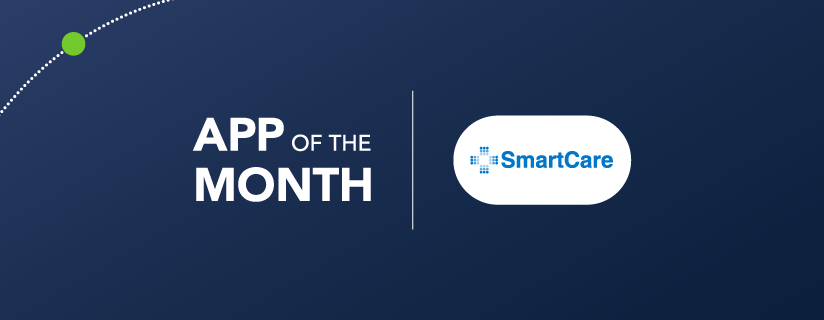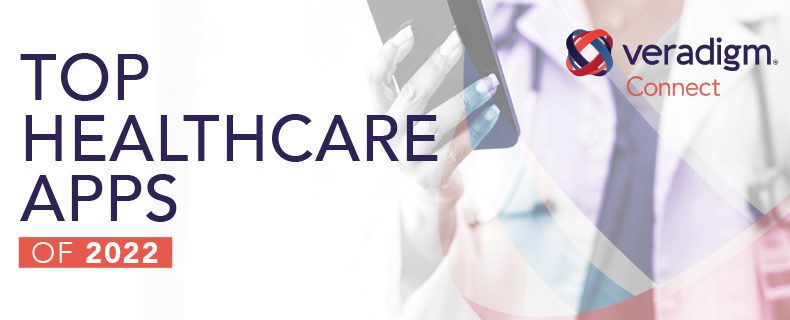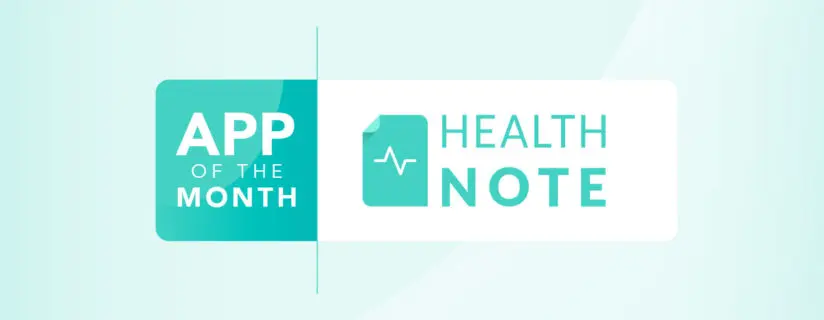Blog Posts
Why Googling your health issues is not the best idea


Search engines are perceived as having all the answers. So it’s no surprise that we turn to the internet when facing problems—including those related to our health.
However, most answers regarding health that are sourced online tend to be inaccurate. A study published by JAMA Internal Medicine found that, given a set of symptoms, physicians had 72% diagnostic accuracy on the first try, compared with 34% success on the first try with internet-based symptom-checking tools. Even more concerning, these misdiagnoses tend to aggravate latent anxieties regarding our health.
Here are four reasons why Googling your symptoms may cause more harm than good.
Google doesn’t know your history
A simple search for the term “fatigue” brings up millions of results—too much information for anyone to sort through. Receiving information in a vacuum omits pieces of your history that your doctor will be aware of and will use to make a correct diagnosis.
The volume of search results can be confusing and many people focus on the most scary—and often least likely—outcome. By and large, clinicians will have a better idea of what is likely to occur, and what’s less likely. Opting for a rare diagnosis is very seldom the first step.
It’s too easy to assume the worst
Anxiety regarding health is surprisingly common, and often leads to misguided internet searches. For example, a search for practically any symptom will return at least one result suggesting cancer. “Patients suffering even a mild case a generalized anxiety will focus on certain specific things: Fear of cancer, fear of HIV,” says Dr Laurence Gerlis, an experienced clinician in the UK and CEO of samedaydoctor.com. Patient concerns often snowball when faced with all of the possible causes of a common symptom.
Google doesn’t offer any emotional reassurance. In fact, it often has the opposite effect.
Most likely, any Google search will return results that won’t be purely evidence-based, accredited content and won’t take the patient’s emotional needs into account. In contrast, visiting a physician’s patient portal should return a more accurate result. Coupling that with visiting a physician should offer patients the reassurance they need to realize they probably aren’t dealing with a massive health scare, but rather something that can be resolved with lifestyle changes.
Good information is hard to find
Many people are not health literate, so this makes it difficult to distinguish between information derived from empirical research as opposed to pure opinion, says David Zieve, MD, MHA, Medical Director of A.D.A.M. Health. “When searching for information about your symptom or diagnosis, you can steer off course and find yourself self-diagnosing a health problem that doesn’t relate to you at all,” Zieve says. He states that high-quality health information should be evidence-based, reviewed by physicians with experience in that field, and also is frequently updated.
Many people struggle to locate this type of information. “When it comes to your health, why take a chance on something that is written by a blogger or someone with an opinion,” Zieve says. “The content in a good platform, like SmartEngage, has references and is updated frequently so you always have the latest information at your fingertips. And even after reading well-researched and well-reviewed information, be sure to check with your healthcare provider if your symptoms or problems do not go away.”
Navigating the internet for certified health information is a difficult task. Misinformation can severely increase patient anxiety, leading many patients to jump to extreme conclusions.
Self-diagnosis can hinder the doctor–patient relationship
Some information sourced online can be helpful as a supplement to a medical diagnosis, but it shouldn’t be the only source of medical information. Efforts to self-diagnose often work at cross-purposes with your doctors—and they may have to reassure the patient that they aren’t experiencing severe health issues. “You often have to spend the first half of the consultation deconstructing the idea they’ve come in with,” Gerlis says.
Self-diagnosis can also have severe consequences for mental health—to the point that the doctor’s reassurance can lose its effect. “I can reassure patients while they’re with me, but the anxiety kicks in as soon as they walk out of the door,” Gerlis says. Maintaining a good relationship with a trusted physician is key to overcoming anxieties caused by internet-based self-diagnosis.
Register for the upcoming webinar on Thursday, Sept. 30 at 2 p.m. ET to learn about A.D.A.M.’s SmartCare patient education application, which was recently certified by Allscripts. The webinar hosts will discuss how this solution enables Sunrise™ EHR clinicians to educate their patients about their health to help better manage chronic conditions for improved outcomes, lowered readmission rates, increased HCAHPS scores and better patient compliance.












